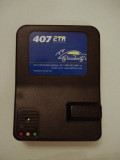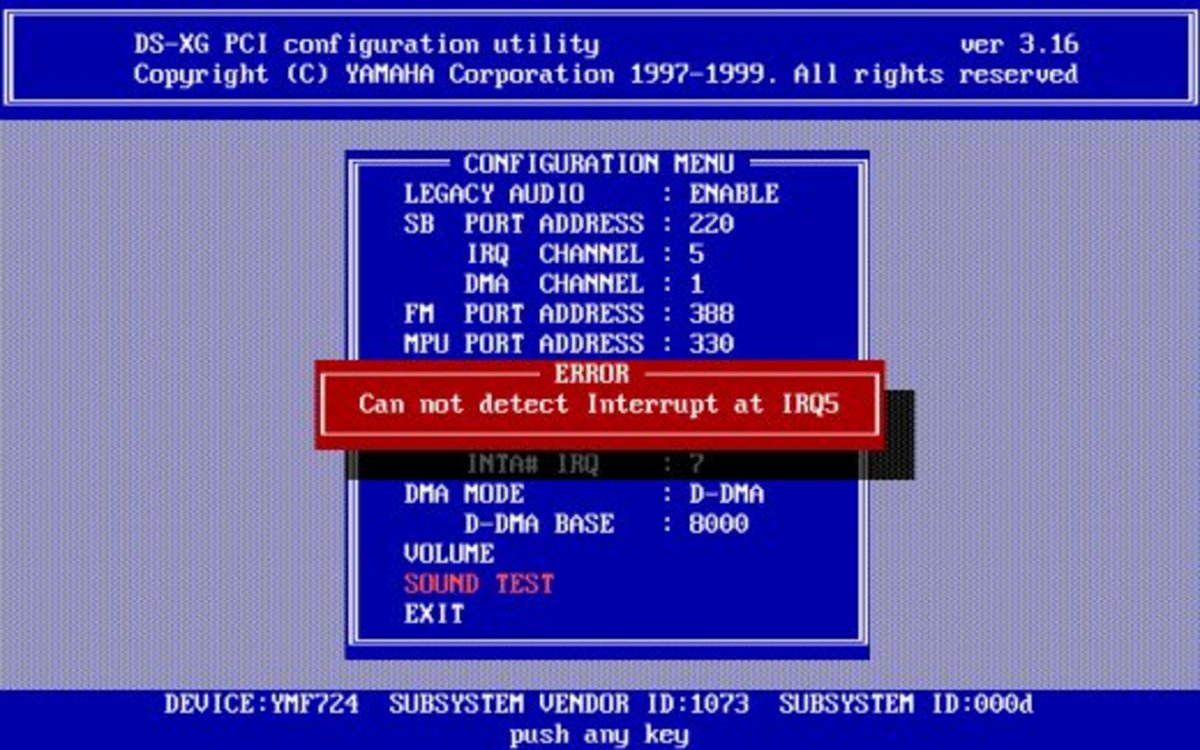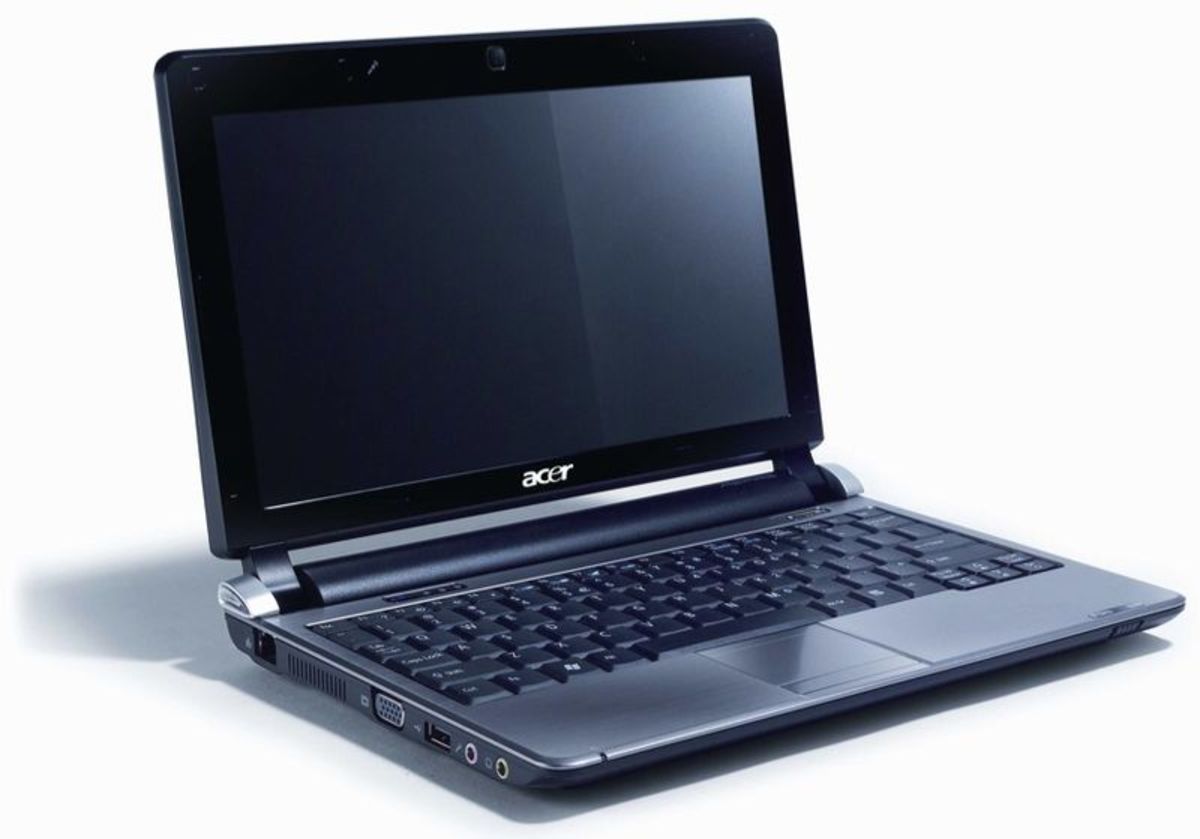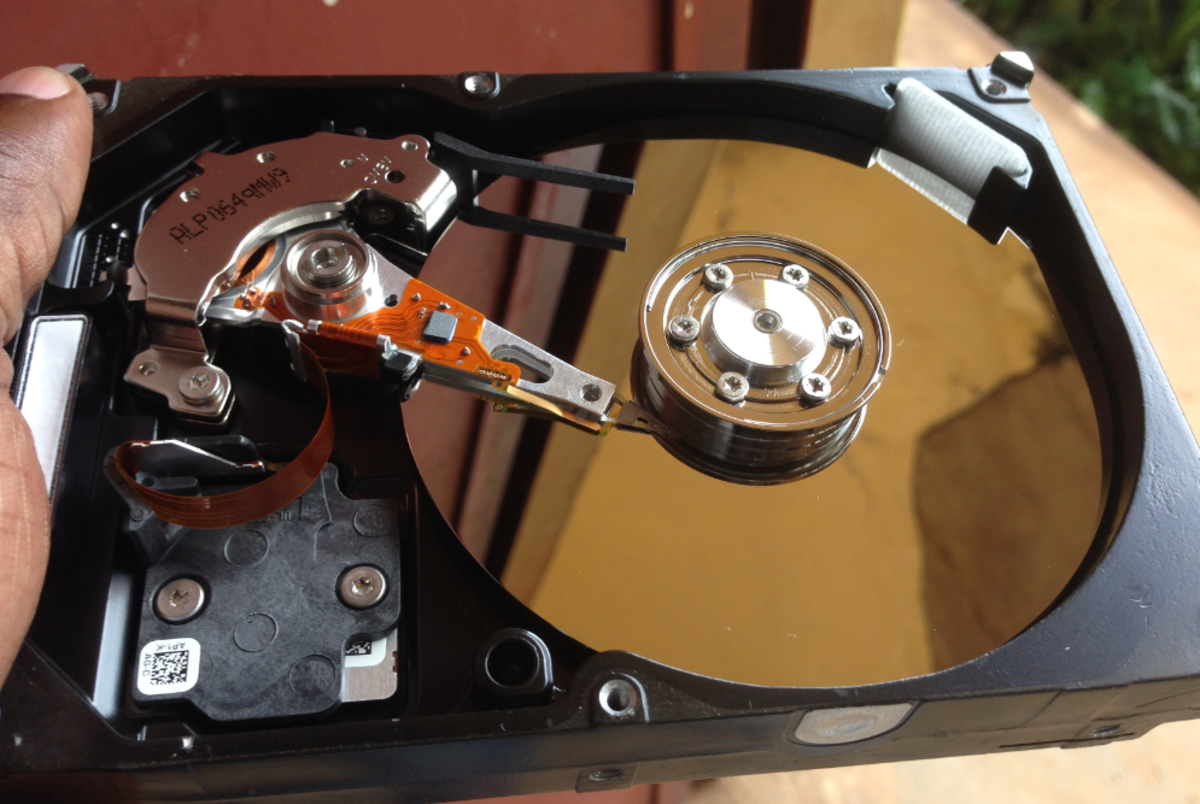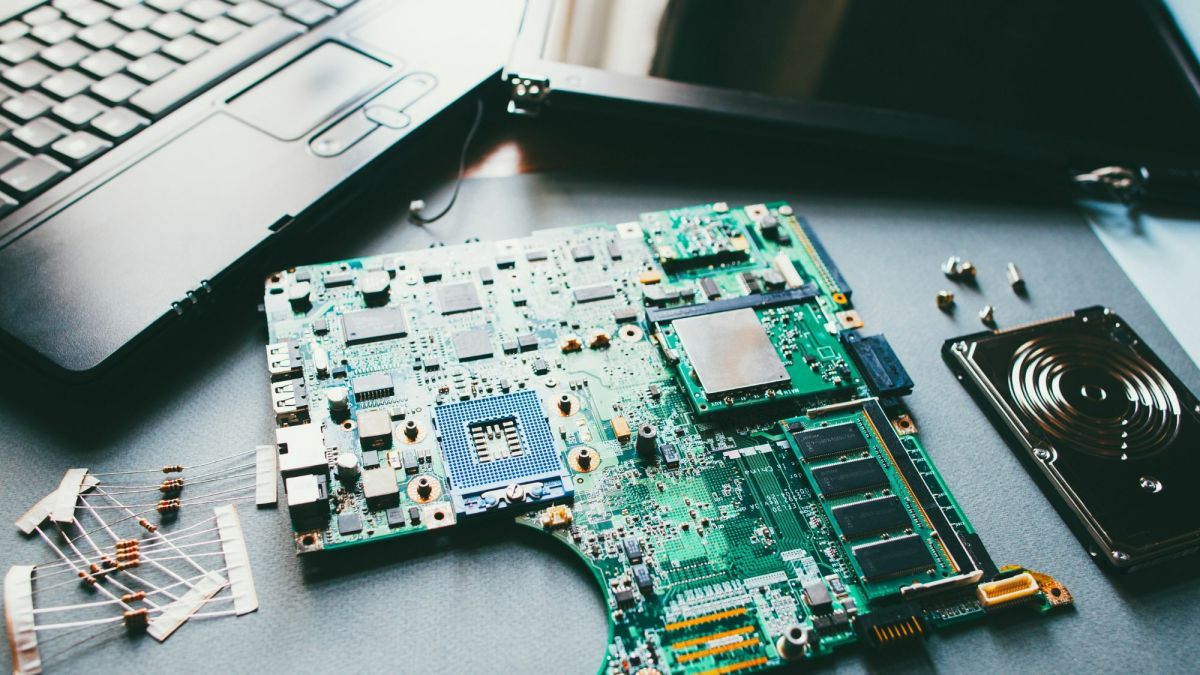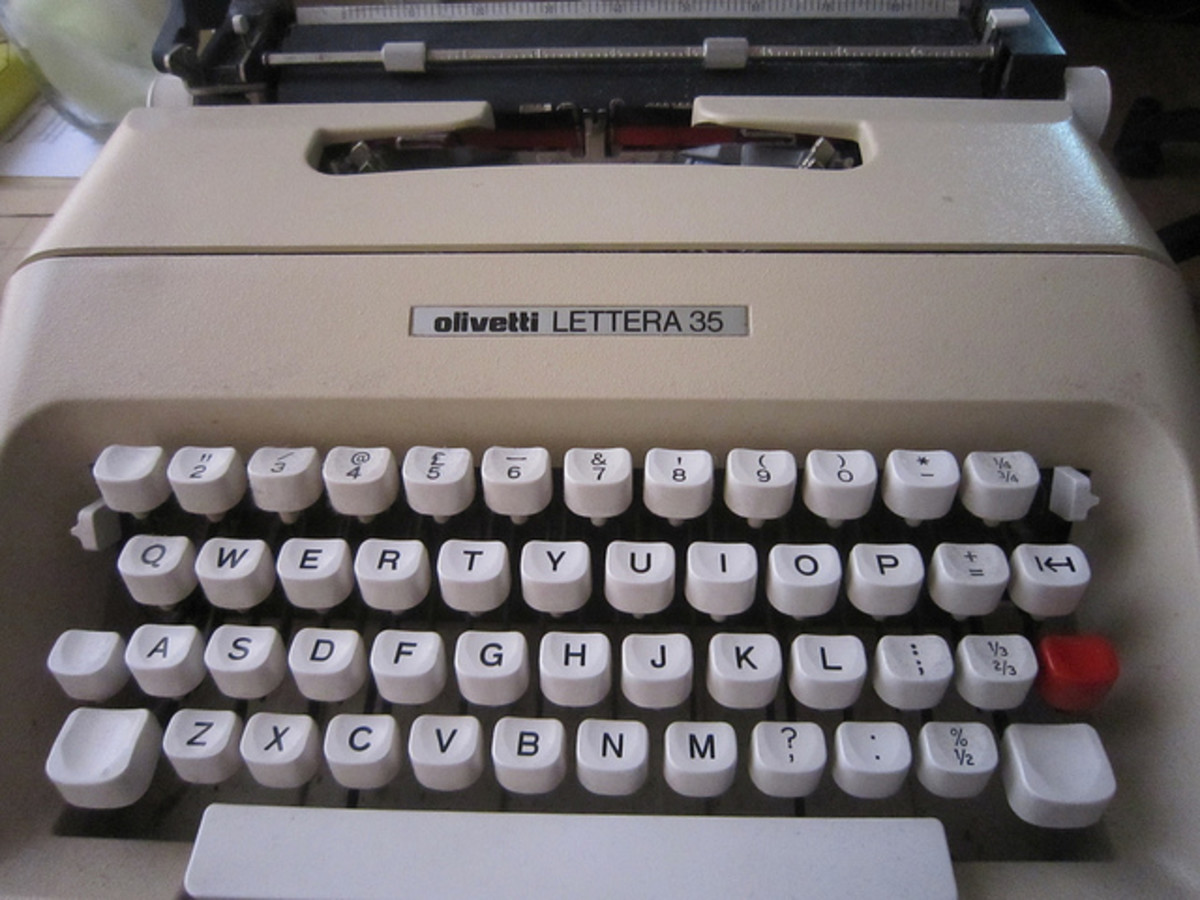Identity Theft and Hard Drives
How to Safeguard Your Data
Unfortunately for many people getting factual and reliable information on how to properly dispose of old computers is a myriad of half truths, and much ignorance on the parts of those so-called experts. Here I hope to help you consider the real dangers, and the real solution to the heart of the matter, the disposal of hard drives.
After the electricity is off and you slumber quietly with nary a fear of waking up to an empty bank account or having doubled the charge cards and balances thereon nor to the forthcoming calls from creditors after someone has stolen your identity, the 1s and 0s on your hard drive sit there waiting for you to again use your pc. However, the next day comes and that loving spouse or parent has gifted you a new pc to replace the old tired one and you quickly make the change and dispose of the old PC to a recycle company after carefully copying and removing your data from the old pc.
Shouldn't be a problem as the recycler promised to recycle your pc taking care to guard you from future harm. However it turns out that many recyclers are just quickly shipping the pcs overseas to places like Nigeria to be reconditioned for 3rd world use and sell, or end up environmentally destroying water supplies as worthless pieces are thrown into streams or stockpiles in mountains of toxic waste piles. That has nothing to do with your hard drive, you say? Well actually your hard drive is probably in a shipping container near those toxic piles being hacked by knowledgeable and unscrupulous folks that will use or sell your personal information that is gained from the hard drive.
You see that hard drive is like a book, lets say a diary. You made a table of contents page and subsequently wrote about your computing travels into the journal on pages. Well when you got the new journal, you erased the table of contents, but forgot to erase the actual pages in the book. This is what happens when you delete a file from a hard drive. The 1s and 0s still exist on the hard drive until they are overwritten, and even then they can still be "read" with enough time and effort. Data recovery software will often simply rewrite the table of contents so that you can easily read the pages again.
Even with care and security software your data can be recovered by a knowing person. Use the diary example again. Lets assume you took the time to carefully erase each page and that you had written in pencil. The impressions of the original pencil lead on the paper are still there even though the graphite has been carefully removed to seem illegible. However if I carefully take a charcoal pencil and rub across the page, the impressions will show white against the darkened page leaving the illegible white and readable. Again data recovery software can do this as well with once erased data as the hard drive is a magnetic device and the drive will maintain a ghost magnetic impression in the metals for a long time that can be recovered and restored.
Being magnetic has led some to misunderstand that you can degauss a hard drive and be safe against this type of data reconstruction. This approach is not considered a safeguard by most government agencies. It will destroy the drives ability to be used normally, but will not prevent the ability to recover information.
Consider that professional data recovery specialists (in space suites in clean rooms) can recover data from drives that have been under fresh and salt water (Katrina), under tons of rubble and in extreme heat (World Trade Center), the drives and the data are quite hardy and can be recovered in may conditions.
On the History Channel I've seen a company that denounces those recyclers that ship computers overseas for cheap labor or easy quick disposal (not true recycling) and they show how they responsibly safeguard your data from prying eyes. They manually drill three holes at roughly triangular points through the hard drive casing and thereby the platters (discs) inside. They claim this destroys the data and that it cant be recovered. This is erroneous.
Take my diary example. If I drill three holes through the cover at different points, I've destroyed the data and the impressions of only the spots where I drilled. Those spots could have the only sensitive information on your drive, and you'd be lucky and protected, but this is very unlikely. Their drill bits represent only one percent of the hard drive platter surface area. So even the History Channel can put forth misleading information.
Recall the men in spacesuits? No not the lil martians that abducted you or shot JR, but the professionals at Seagate and others that help in disasters to recover lost and damaged data. How they perform this feat is to be in a very clean environment to prevent dust from scouring off the data as the platters are spun at high speeds. They take apart the hard drive and carefully get the data platters (highly polished aluminum discs with magnetic materials doped into the strata) out and these are placed in to machines that replicate the original drives functions to allow for careful reading of the 1s and 0s off the platters. Even with holes drilled into them they can recover all the other 1's and 0's with this technique.
Lets move away from the diary, and consider an "old school" vinyl record. Take and drill three holes at various points on the record. Now take the record and put it on a turn table. The music will still play, but skip over the holes. This is the effect of the History Channel recyclers. Not secure, not thorough, and you are still at risk.
The only sure way to safeguard old hard drives is to completely destroy the platters. That's why at Panther Computers, we disassemble all old hard drives left in our care. We truly recycle all the parts of the hard drive from its frame, to its electronics, but most importantly the platters. We stockpile those with magnets to assist in the disruption of the magnetic impressions, then batch them through a shredding machine to bring the platters into small confetti. It takes a great number of these platters to make recycling economic but over time as the pieces intermingle with other hard drives, enough pounds of the aluminum will accumulate to take to a recycling center for eventual melt down.
Instead of finding months or years wasted as you rebuild your credit and life because someone only degaussed, or drilled three small holes into your hard drive, you may soon find yourself relaxing and drinking out of an aluminum can that once had the 1's and 0's that represented your child's pictures, your tax returns, and the diary of your electronic travels.

